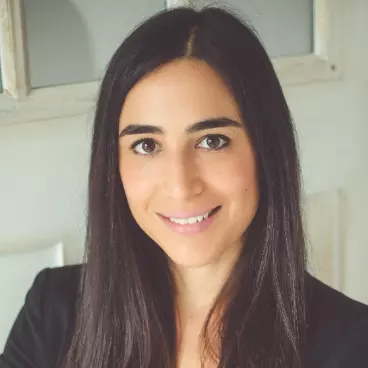First-Time Home Buyer: Where to Begin

This guide helps first time home buyers to prepare for the home buying process. Your home will probably be the largest purchase of your life and where you'll spend a majority of your time.
Read through this article so you can learn how to get started. It's an exciting time for you. You'll get to choose which house will become your home, where you'll invite over friends and family to enjoy a meal, and where you will grow as a person.
You'll automatically become more responsible and more aware of your finances. Yes, it's a big decision and may be stressful, but we are on your side and will help make this as enjoyable as possible.
Ask us questions or talk to us about any concerns. We are here to help you!
Mortgage Down Payment
A down payment is a percentage of the home purchase price that you'll pay on the day you go to settlement on your home. "Settlement" is the day that the seller officially gives you the deed (legal ownership document) and keys to your new home. The amount of the down payment you'll owe will vary based on your credit score, your savings, type of mortgage, home price and more. The more you put down (pay toward your deposit), the better.
Your down payment becomes instant equity in your home. Equity is the down payment + principal payments you've made on your mortgage. Your down payment goes directly toward your equity. Let's say you put down 5% on a $200,000 home. Your equity is $10,000 when you purchase your home.
Even though your payment may be higher than renting, building equity is a good thing! Equity is the difference between the market value of your home and the amount you owe your lender. As you build equity by paying down your mortgage, you can borrow money more easily for a second home or a new business venture!
Start saving your money now
The earlier you save, the better and easier it will be to build your savings. It seems counterintuitive, but get a credit card now if you don't have one. Only put a small amount on the card each month and pay it off as soon as you put the charge on the card. This way, your card is fully paid, you won't put yourself in debt and you'll build good credit. Starting your credit history early will increase your credit score. Just don't put yourself into any debt!!
Calculate your mortgage online to get a rough estimate of what your monthly payment will be. Don't forget to add insurance and property taxes! If you are paying rent, put the additional amount you'll owe for the mortgage each month at minimum into a savings account. This way, when the time comes to pay your mortgage, the payment will feel like it is the same.
As a homeowner, you'll now be responsible for your heater, hot water heater, air conditioning system, appliances, roof, the list goes on. You'll want an emergency fund for these costs.
Let's say you are still living with your family. You may or may not pay some rent. If you do, that's okay! This will help you learn the responsibility of owning a home. Costs to think about other than just a down payment include: utility expenses, cable, water and sewage, home maintenance, furniture, kitchenware, etc and closing costs, which will discuss later.
Down Payment Amounts
Depending on the mortgage, your down payment will vary. The most common types of mortgages are Conventional, FHA, and VA loans. A higher down payment will bring down your mortgage payment. You'll usually get lower interest rates too!
Conventional Loans require a minimum of 3% down payment. If you put less than 20% down, you'll owe PMI (Private Mortgage Insurance). Once you reach 20% equity in your home, you can request that the lender remove PMI. If you fail to do this, they do not require the lender to remove PMI until you reach 22% equity or owe 78% on the principal of your mortgage.
There are different conventional loans you can get, such as a 30-year or 15-year conventional mortgage. With a 30-Year Conventional Mortgage, your payment will be lower, but you'll pay more in interest over the 30 years compared to a 15-year conventional mortgage. It's debatable which loan length is better. If you borrow money for business, 30 years could be better. A general rule is that your mortgage will be the cheapest money you can buy. If you can afford to pay the higher payments, you'll be debt-free sooner with a 15-year Conventional Mortgage.
FHA Loans require a minimum down payment of 3.5%. With FHA loans, you'll pay an additional mortgage insurance premium. Similar to PMI, however, this never goes away for the life of the loan. Therefore, many people will refinance to conventional once they reach 20% equity.
VA Loans require a 0% down payment, but you will owe a one time 2.3% funding fee. Lower the fee by putting down a larger down payment. The Department of Veterans Affairs receives the VA funding fee to help ensure future veterans have access to VA loans.
Mortgage Assistance Program
Lots of mortgage assistance programs are available to those who qualify. It's important that you ask your lender if they are familiar with and take part in assistance programs. Not all lenders take part in these programs. The NJHMFA Down Payment Assistance Program is a great site to check out for first time home buyers in New Jersey.
Mortgage Application
Check your credit
Before contacting a lender, you'll want to make sure your credit score is accurate. Remove any inaccuracies before starting your search for a loan.
Five factors affect your credit score including: bill payment history, amount of debt, credit history length, credit inquiries, and types of credit. If your score is low, work on each of these categories to help bring up your score.
Calling lots of lenders to find who to work with will not highly impact your credit score. Consumers are protected during this process. You can contact as many lenders as you like within a 30 day time period while only having your score impacted as if you contacted just one. There's no harm in letting lenders run your credit within your 30 day time period.
Compare mortgage rates and find the right lender
Once you have an offer accepted on a home, you will be in nonstop contact with your lender. Finding a mortgage with the lowest rates is only half the task. You'll also want to find a lender that provides guidance, answers your calls, and is someone you'll want to work with.
If you are eligible for assistance programs, find a lender familiar with your circumstances and will cater to your needs.
Ask lenders what types of documents they'll require once you have a contract on a home so they can prepare you. The home buying process can be stressful, but there are steps to take to make the transaction much smoother.
Get a pre-approval letter
Before looking at any homes, you'll need a pre-approval letter. This shows real estate agents that you are a serious buyer. It helps you find a home that fits your budget. Lenders will let you know what purchase price you'll be able to finance. Make sure you would be comfortable with the monthly payment. Just because you can, doesn't always mean you should. Stick to what you're comfortable with. It's fun to look at the highest-priced homes on the market now, but you don't want to set unrealistic expectations.
Home Shopping Guide
Hire a Realtor
Just as finding a lender is an important step in the home buying process, so is finding a real estate agent. Your real estate agent will be your biggest advocate. They'll have fiduciary duties to you. You may have a friend or family member that is a real estate agent. That doesn't mean they should be YOUR real estate agent. Find the best Realtor for you.
Finding the right house
It's important to figure out your priorities. Consider your motivation for buying a home. Are you moving for a job, ready to get out of your parents' home, tired of renting? There are tons of reasons to purchase and everyone will have different criteria in what they're looking for. You may plan to grow a family, need a home office, want lots of land, want to be close to family.
If you have a construction background or have many connections to people who do, or have plenty of money..., looking into foreclosures may be for you. If not, you'll likely want to keep away from those. In most cases, you cannot use FHA financing to purchase a foreclosed home.
Not sure where you want to live? Drive around different neighborhoods to get a feel for the area. Not even sure where to drive to? Pull up Google Maps and drop the little yellow person on any street to see the street view and cruise around as if you were driving. It's a great little tool.
Do some research on schools if that is important to you. This will also help you narrow down areas.
Once you've decided on where, now it's time to focus on what you want in a property. Start paying attention to other peoples' homes to figure out what you like and don't like. Search online here. Go to an open house if you see a sign posted.
Going to see 6 houses for sale in 1 day with your agent is not the best place to start, trust me! You'll want an idea of where and what you want before going on showings. Going to see too many houses in too many places will confuse and overwhelm you. Avoid this!
Stick to your budget
Home prices and property taxes will vary from town to town. Two of the exact same homes in different areas will not cost the same amount. Keep this in mind during your home search.
Learn what you can afford within your budget. Maybe you can get 2 baths in one town, but only 1 in another. BTW, when you see .5 baths, that's a powder room meaning there's no tub/shower.
Don't compare what you can afford to that one house way over budget you fell in love with. Keep away from looking at over budget homes!
Other Costs
Buying a home is expensive. You'll need an additional 2-5% saved for closing costs associated with the purchase. These costs include inspections, title insurance, homeowners' insurance, property survey, lender fees, prepaid interest, property taxes, appraisal and more. The deposit isn't the only thing you must save for.
Once you settle on your home, you'll either need to hire a moving company or purchase new furniture. You'll likely want a locksmith to change the locks and secure your new home.
You'll also have continuing utility bills, property taxes, cable, maintenance expenses, and landscaping maintenance.
In Summary
Being a homeowner is an exciting feat. You'll continue to learn along the way. Having great people in your corner during the purchase process will make the process smooth and will keep the excitement going. Start saving as soon as possible!
This guide is only the start of your home buying journey!
More topics coming soon!
Categories
- All Blogs (781)
- Buyer's Market (9)
- Cash Flow (2)
- Design and Maintenance (42)
- Featured Listings (6)
- First-Time Home Buyers (39)
- Holidays (5)
- Home For Sale (7)
- Home Loans (3)
- Home Pricing (3)
- Home Showing (2)
- Homeowners (24)
- Investment Properties (9)
- Market Update (10)
- Mortgages (9)
- Real Estate Fun Facts (12)
- Real Estate Investors (22)
- Real Estate Marketing (13)
- Seller's Market (4)
- Selling Your Home (20)
- Sold Homes (12)
- South Jersey Updates (26)
- This Weekend Happenings (28)
- Tips For Home Buyers (17)
Recent Posts
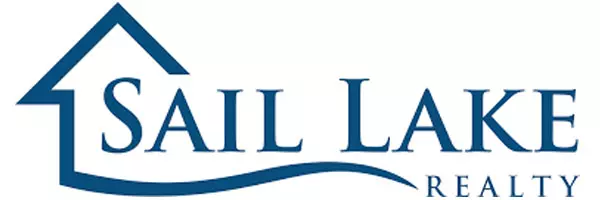
![Builders Are Building Smaller Homes [INFOGRAPHIC]](https://img.chime.me/image/fs/chimeblog/20240504/16/w600_original_39aacbf5-2468-464c-acda-b86e3e29eff4-png.webp)



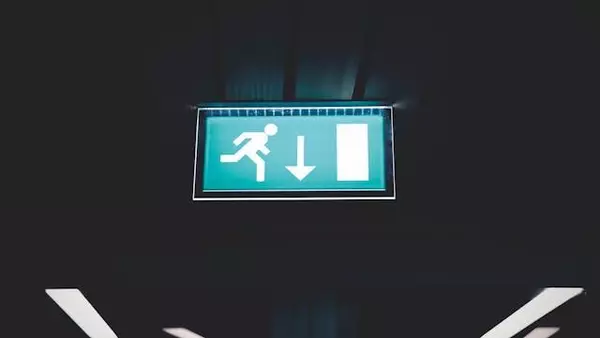
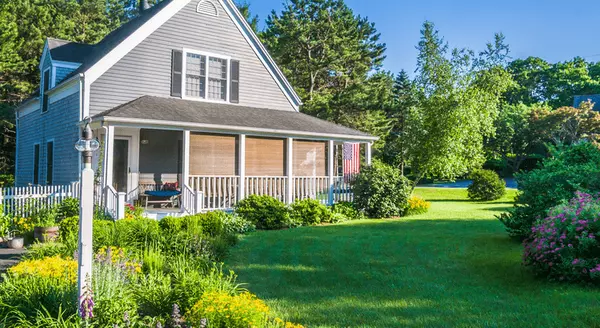
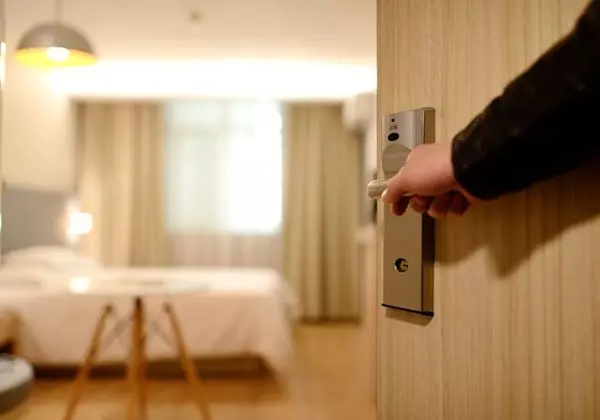

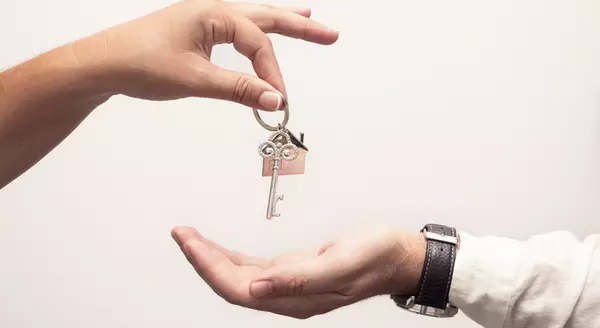
GET MORE INFORMATION
